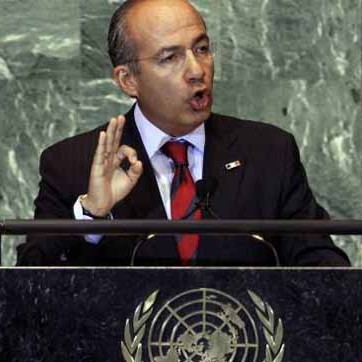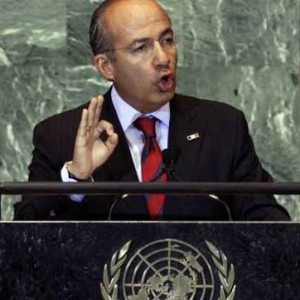I live far from Los Angeles, where my books are physically located, but as I am currently there until November 1st, if you order a print copy of “World War D – The Case against prohibitionism, roadmap to controlled re-legalization”, before October 31st, I will sign it for you with a personal note. [productspage]
Or order from Amazon: http://www.amazon.com/dp/0984690409/
See what readers have to say about “World War-D”:
“The most thorough and complete book on the subject could possibly be!” Ed Borg, US
“An excellent, well researched and convincing read with copious references and follow up material. This book should be compulsory reading for all politicians, judges and police chiefs around the globe.” Chris Stevens, UK
“Jeffrey has certainly done his homework, researched causes and issues and come up with logical conclusions and solution, worldwide, to the problem. Those who have ears … let them listen.” Dr. Jay Polmar, US, Founder, www.Speedread.org
“Jeffrey has proven his credentials with enormous attention to detail in ‘World War D.’ The arguments are presented in a clear and cogent style written in a manner that will educate, inspire and promote a more positive view of this important issue. I can thoroughly recommend this book as a guide to action in the current drug situation worldwide.” Stuart Aken, author, UK, http://stuartaken.co.uk/
“Jeffrey Dhywood is a courageous man who has dedicated himself to a cause that continues to be disparaged. Drug legalization makes sense, and Dhywood is keenly aware that doing so would save countless millions of dollars and hundreds of lives each year. However, while there has been a groundswell of public support for marijuana legalization in particular, advocates are often painted as hippies and potheads and not taken seriously. Dhywood is serious enough to make a strong case for putting an end to drug prohibition globally, and is brave enough to face down critics with reasoned arguments.” Jeff Goldberg, Author, US.
“Jeffrey Dhywood is a man with the courage to say what other people are thinking, and the investigative zeal so necessary to acquire a thorough understanding of such a complex and emotive subject. The plain fact of the matter is that prohibition of anything – alcohol, drugs, weapons or anything else which a government decides its subject people should not be allowed to possess – does not work and has never worked. All that a ban achieves is to ensure that demand is stimulated, that organized crime will become heavily involved and, especially in the case of drugs, that the quality of the product will become so varied that every addict will literally risk death every time he or she buys a fix.
Jeffrey explains all this, and more, in a clear, logical and concise manner which even an averagely unintelligent politician should be able to grasp. He is the voice of common sense discussing a subject that most people avoid talking about, and which politicians refuse to discuss at all, relying instead upon blustering rhetoric which simply propounds the misconceptions of this most emotive issue.” Peter Stuart Smith/Thomas Payne (UK & France), author of “Uncommon Sense”
“World War D helps to expose the reforms needed for backing out of a War on Drugs that is a never ending quagmire of deception, ethically bankrupt political power plays, and economically motivated crime syndicates, for-profit prison systems, and morally bankrupt pot Doctors”, Eco-Green, US
“Jeffrey’s writings should not be ignored: it is well researched and he updates regularly. Read this man’s work and weep….Then ACT” Andria E-Mordaunt, UK, Harm-reduction activist
“Jeffrey’ well-documented insights offer an important frame of reference for anyone seeking ideas for the re-legalization not only of Marijuana but of all traditional medicinal plants that have become caught up in the government-induced drug paranoia.” Bill Drake, www.cultivatorshandbook.com
“Jeffrey Dhywood has done his research. My hope is that everyone will read this book and take action.” Mr. S. K. Allison









